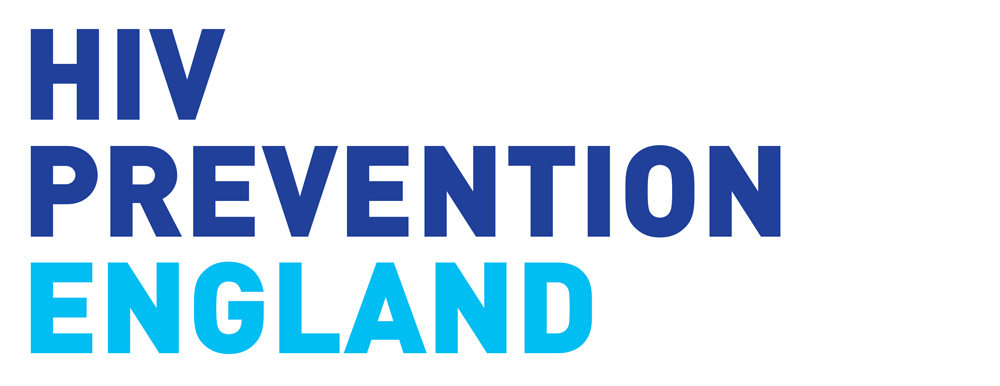Public Health England talk us through their latest resources to support evaluation in Sexual Health, Reproductive Health and HIV.
Have you ever wondered if what you’re doing in your service actually achieves what you set out to do? How do you know? For example:
We’ve introduced HIV home sampling, what impact has it had?
We need to reduce our late HIV diagnoses, what can we do and how do we know we’ve achieved it?
Public Health England (PHE) is often asked about what works and what is the ‘best way’ to achieve a desired outcome in the area of sexual health, reproductive health and HIV (SH, RH and HIV). In order to understand what innovations work well there is a need to evaluate interventions and projects. Evaluation is essential to identify successful innovations which should be promoted and, equally important, those that are less successful or could be improved before being implemented elsewhere.
A vast amount of literature and tools to guide evaluation exist. However, no support tools or repository exist specifically for SH, RH and HIV. PHE therefore developed the following resources specifically aimed at supporting evaluations in this sector:
- Introductory guide to evaluating interventions
- Evaluation workbook
- Menu of output/outcome measures in SH, RH and HIV
The introductionary guide explains what evaluation is, why you should evaluate, and the different types of evaluations you can choose from. The guide explains how to undertake an evaluation using the concepts of ‘theory of change’ and a ‘logic model’:
The theory of change defines the long term goals of your intervention, and then maps backwards to identify necessary preconditions, i.e. the shorter terms and intermediate steps leading to the long term outcomes.
A logic model is a diagrammatic representation of your theory of change. It identifies the inputs, activities, outputs and outcomes, all part of the overall evaluation of your intervention. The guide contains illustrative examples, for example a logic model of a condom distribution scheme.
The evaluation workbook is a pragmatic and easy to follow tool consisting of 16 questions about your intervention or project. The answers you provide to these questions lead to the second part of this workbook: the development of a logic model.
This identifies the inputs (resources or materials needed to deliver your intervention), the activities (the interventions provided by the service or programme), the outputs (amount of activity provided) and the outcomes (factors which are expected to change as a result of the activities). The final part of the workbook contains a suggested template to write up the findings of your evaluation.
The third part of the resources provides an overview of the current standards and quality measures in SH, RH and HIV. It includes for example quality standards (July 2018) from BHIVA, NICE, and BASHH, among others. These standards can assist you to choose indicators to help measure the impact of your intervention or project.
PHE has also published resources for the evaluation of general health and wellbeing projects and programmes, helping professionals increase their knowledge, understanding and capabilities in evaluating health and wellbeing projects.
These resources consist of a general overview, guidance summaries (collation of 48 guides and frameworks on evaluation of different topics), and useful training resources including video clips on different types of evaluations, logic models, intervention mapping and case studies.
